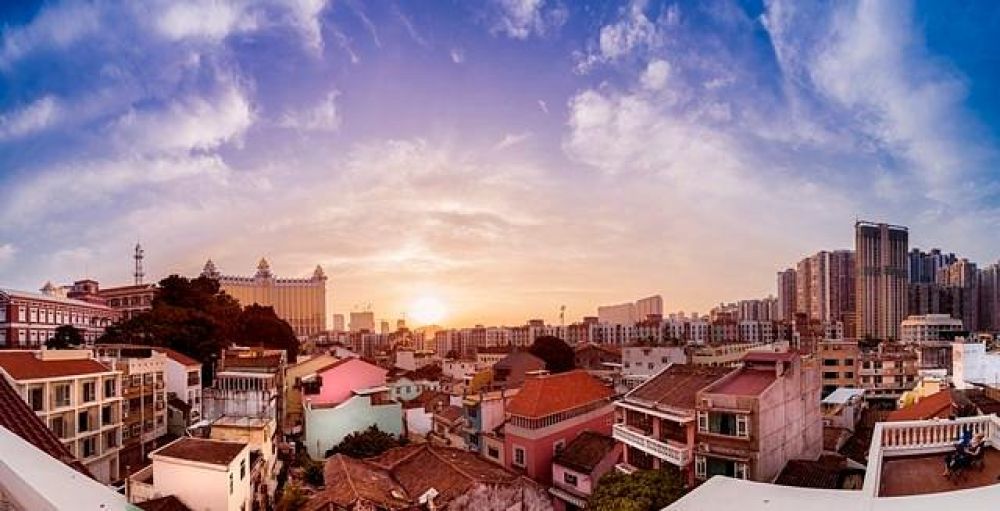

The picturesque Taipa Village has stood the test of time as one of the most intriguing destinations within Macao, China, offering a delightful contrast to the city’s grandiose casinos and skyscrapers. Within its narrow lanes and colonial-styled façades, there lies a rich historical tapestry that has shaped the village into a leading cultural hotspot for both locals and tourists alike.
Historically, Taipa Village formed part of the islands of Taipa and was primarily used by locals for fishing and farming, due to its fertile land. With the establishment of Portuguese administration in the 19th century, the landscape began to transform as colonial houses, churches, and community structures sprouted amidst the local Chinese shops and dwellings.
As Macao evolved into a significant trading port, Taipa Village also flourished, with a blend of European and Asian influences becoming deeply entrenched within its community. The village served as a quintessential representation of Macau's unique cultural hybridity, which eventually became a magnet for culturally inclined travelers.
The turning point for Taipa Village's tourism emergence was arguably linked to the development of Macao as a global gaming hub. As the city modernized, there was a rising demand for authentic, local experiences away from the Las Vegas-style thrills. Taipa Village's traditional charm, enhanced by its culinary offerings, heritage attractions, and quaint boutiques, provided the perfect antidote to the city's bustling casino resorts.
Recognizing the village’s potential, the Macao government and private stakeholders invested in preserving its historic architecture and local customs. Efforts were made to maintain the integrity of landmarks such as the Taipa Houses-Museum and the colonial churches. Local festivals and street markets were also promoted to showcase the vibrant living culture, thus enriching the visitor experience.
Today, Taipa Village remains as endearing as ever, with experiential travel driving its latest trends. Visitors are increasingly seeking out immersive cultural experiences, such as guided heritage walks, Macanese cuisine cooking classes, and local art exhibitions. The village's labyrinth of alleyways is a haven for those looking to escape the hustle of city life and delve into Macao's storied past.
Eco-tourism is growing in importance, as sustainable travel choices become more prominent. Taipa Village, with its pedestrian-friendly zones and emphasis on conservation, is responding to this trend by promoting environmentally conscious initiatives that enhance the area's natural charm and appeal.
Digital advancements are also shaping the tourist experience, with the introduction of apps and online platforms that serve as virtual tour guides, mapping out the village's hidden gems and storied past. Social media presence has given rise to a new wave of interest, as travelers share their discoveries and highlight the timeless allure of Taipa Village to a global audience.
In conclusion, Taipa Village’s tourism continues to thrive on the principles of cultural authenticity and heritage appreciation. Its journey remains a testament to the harmonious blending of the traditional and modern, solidifying its place as a treasured destination within Macao, China.